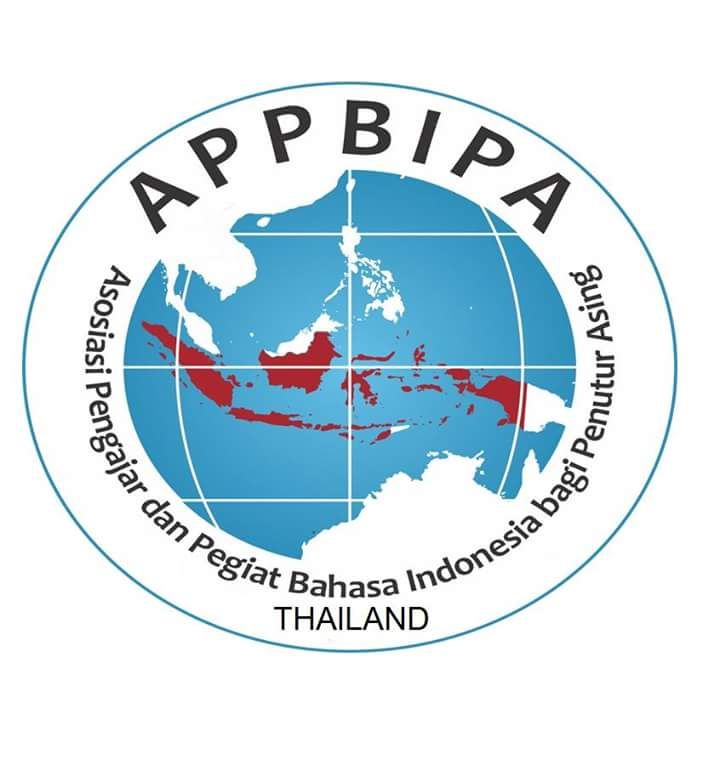Speaker
Description
Abstract
The Asia-Pacific Economic Cooperation (APEC) in 2020 has implications for increasing the number of foreign workers (TKA) in Indonesia (Octavia et.al., 2017). The increase is the realization of global economic cooperation carried out by the Indonesian government with other countries through investment to transfer science and technology. Currently, the majority of migrant workers working in Indonesia generally come from China, Korea, and Japan (Mulyanah et al., 2021). This study will highlight the problem of how foreign workers communicate in the multicultural background of Indonesian culture by observing cross-cultural understanding in the communication of foreign workers in Indonesia. Therefore, this study aims to formulate a cross-cultural experience in the communication of foreign workers (TKA) in Indonesia as Indonesian material for foreign speakers (BIPA) from the perspective of sociolinguistic studies. The method used in this study is mixed, namely qualitative and quantitative approaches. Data collection techniques using interviews, questionnaires, and surveys. Sampling technique using purposive sampling. The respondents to be selected are 78 people, foreign workers from China, Korea, and Japan. The results of this study are expected to find elements of cross-cultural understanding in the communication of foreign workers in Indonesia from a sociolinguistic perspective.
Keywords: understanding, cross-cultural, communication, TKA, BIPA, sociolinguistics
